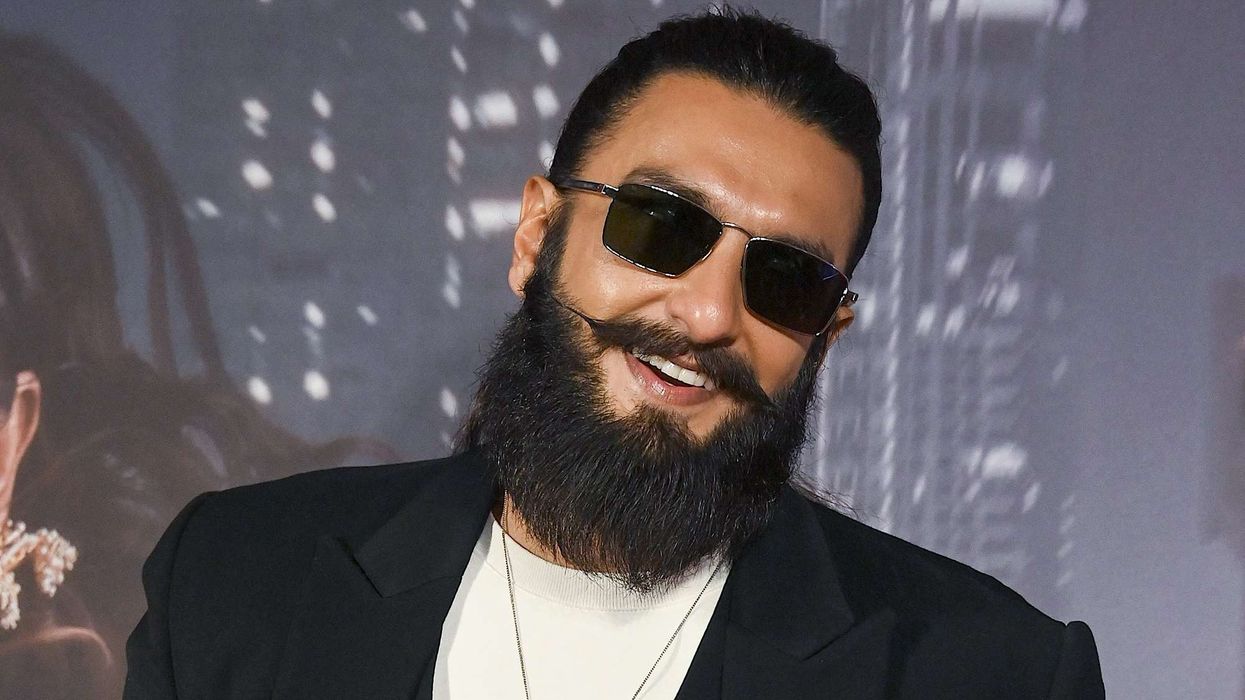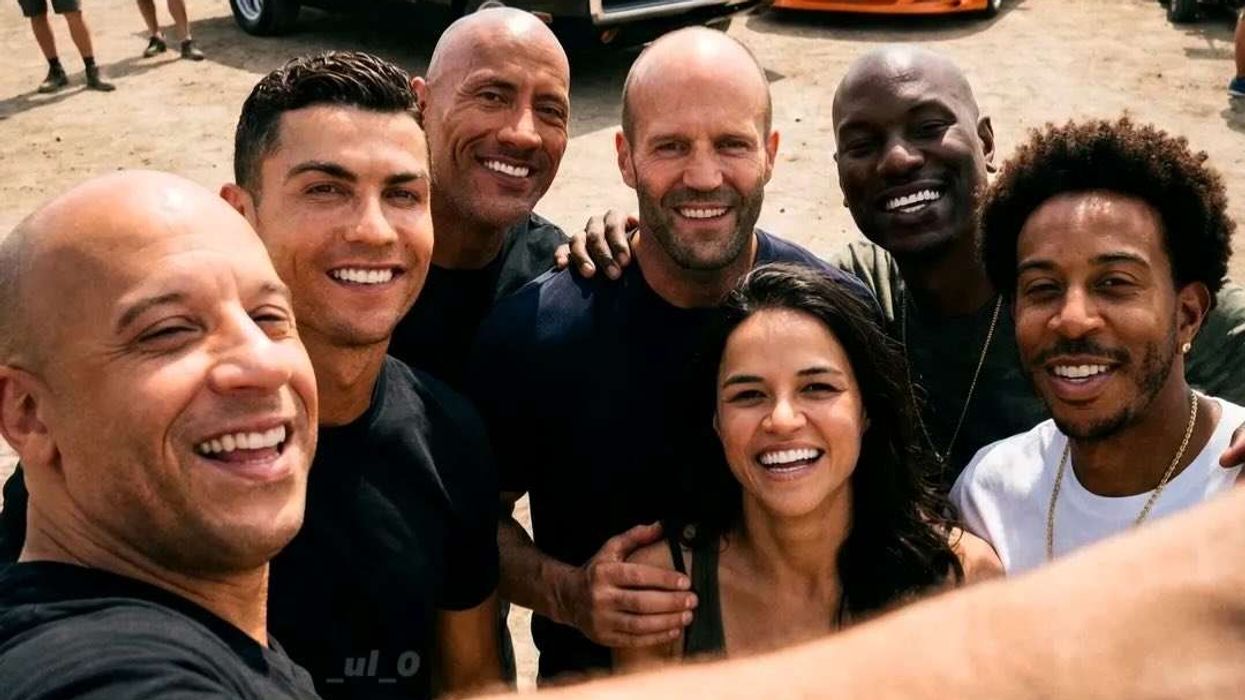As the high-powered president of the European Bank for Reconstruction and Development since May 2012, Sir Suma Chakrabarti has touched the lives of people in many parts of the world, but especially by investing in women and young people in Eastern Europe, the Middle East and Africa.
Sir Suma, who turned 60 this year, had previously been a high flying civil servant in Whitehall – permanent secretary both at the department for international development and at the ministry of justice.
He announced last year that he would not seek a third four-year term as EBRD president which means he is in his final year of office.
Sir Suma, who was born in India to Bengali parents in 1959 in Jalpaiguri, West Bengal, came to Britain as a small boy, attended the City of London School, read PPE at New College, Oxford, and did his MA in development economics at the University of Sussex.
Sir Suma’s ambition was to increase the number of countries which joined as members of the EBRD and became shareholders and also extend its global reach. He succeeded on both counts.
“When I arrived at EBRD in 2012 we had about 60 members,” said Sir Suma, who was being interviewed in his office in London.
The EBRD headquarters, currently located just behind Liverpool Street Station, will move to Canary Wharf in 2022.
“We now have 71 – both China and India have joined in my time and I am very proud we have managed that. San Marino and Libya have just joined.”
He also wanted to “deliver more in the poorer, less developed markets of EBRD so I am very proud of the very significant increase in the investment in central Asia, in the western Balkans, and also in the Middle East and North Africa. And it has been a very, very fast growth in all three and we have shown that we are very relevant in all three.”
He feels he has secured the long term future of the bank. “When EBRD was set up in 1991, people thought it would be out of business within 10-15 years. And at one time it looked as if it would be. When the financial crisis came we added North Africa and Middle East (to our area of operation). Back in 2006-2007 we were lending about €5bn a year. And now we are lending €10bn a year, a doubling from about 10-12 years ago. So there has been huge growth in what we are doing. And we are now operating in 37-38 economies.”
The bank has invested, for example, “in Lebanon and the West Bank – both of them very challenging markets”. Sir Suma also talked of “our contribution to energy security through the Southern Gas Corridor which bolsters energy links between Asia and Europe and accelerates the shift away from coal”.
He mentioned the bank’s focus on the green economy and on women and young people, in particular. The EBRD funded the “Kitchener Drain in Egypt to reduce extreme levels of pollution for six million people living in the Nile Delta”.
“We do so much work in terms of making sure our projects are very good for the climate. We have a target that 40 per cent of investment by 2020 will be in the green economy. We have already achieved that – that’s fantastic.
“I am very proud also the work we have done on gender and inclusion. We now have now women in business programmes in 18 of our countries of operation – we are very successful getting finance to female entrepreneurs who could not get finance before.
“I am very proud of the fact that it goes beyond women. It is also about young people and youth unemployment – trying to tackle that in various regions through the creation of SMEs in particular and training schemes. More and more of our funding in the bigger economies like Turkey isn’t going on the big cities but into the more underdeveloped or rural areas.
“The last thing to say that I hope will be achieved before I leave is we are now having a debate about potentially a future expansion to sub-Saharan Africa. We are in North Africa already but we are having a debate about whether to go further south.”
He explained: “One of our goals is to help create an economy that empowers local people – especially the young – to realise their dreams at home, in their own country, rather than go abroad. Too many home grown talents are lost to emigration and we need to create the conditions where they will choose to stay.”
As president, he has visited the countries where EBRD has invested to learn about local conditions. “I have travelled a lot. I think I am at my most useful and at my best in some ways when I engage with the countries we invest in. I get lots more satisfaction when I see what’s working and what’s not working. I can see what the challenges are. I can also engage more directly with the leaderships of those countries on policy change and issues like that.”
His work has taken him to India many times, most recently in January and June last year and in February this year. “I hope to make one more trip in this role – Mahindra has been a great success. They had wanted to enter the Turkish (tractor) market for years and through EBRD they have done that.”
His position requires him not to take a political position on Brexit. “What I can say is I definitely agree the UK within the EU and Europe generally has been a champion of the values of EBRD – economic and social liberalism. The UK has been the champion of the free market model not only at home but also in many European debates. And it was the UK that pushed very much for the enlargement of Europe to have the countries of central and Eastern Europe come into the EU as fast as possible. That was not championed by other countries necessarily to the same extent. And the UK has been a major supporter of the EBRD. It has been one of the biggest donors to the EBRD.”
As for himself, “I have learnt a huge amount. One idea that I had reinforced is how much institutions matter – good governance, building the right institutions so that development can be sustained. That has been reinforced by my work at the EBRD.”







